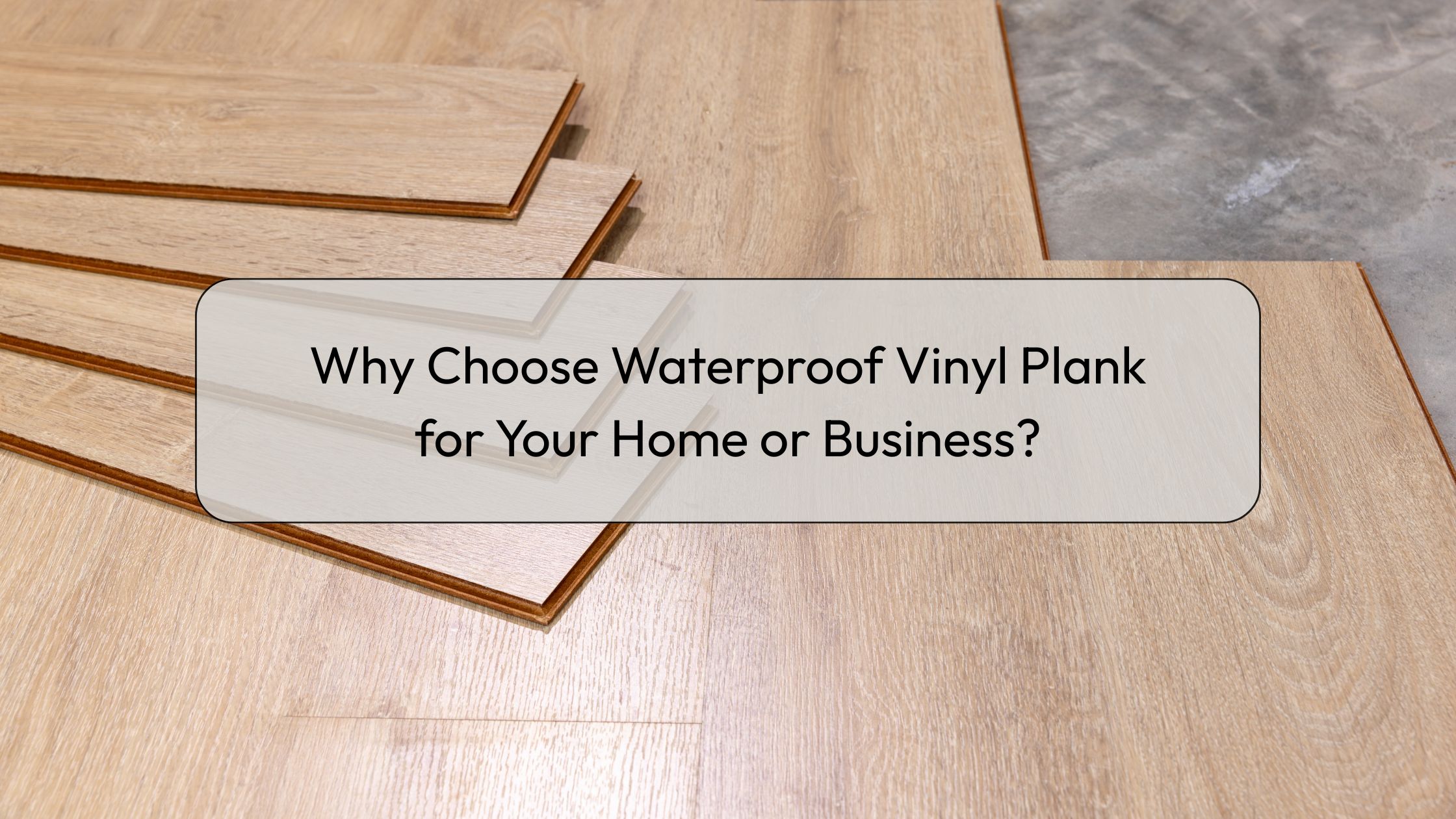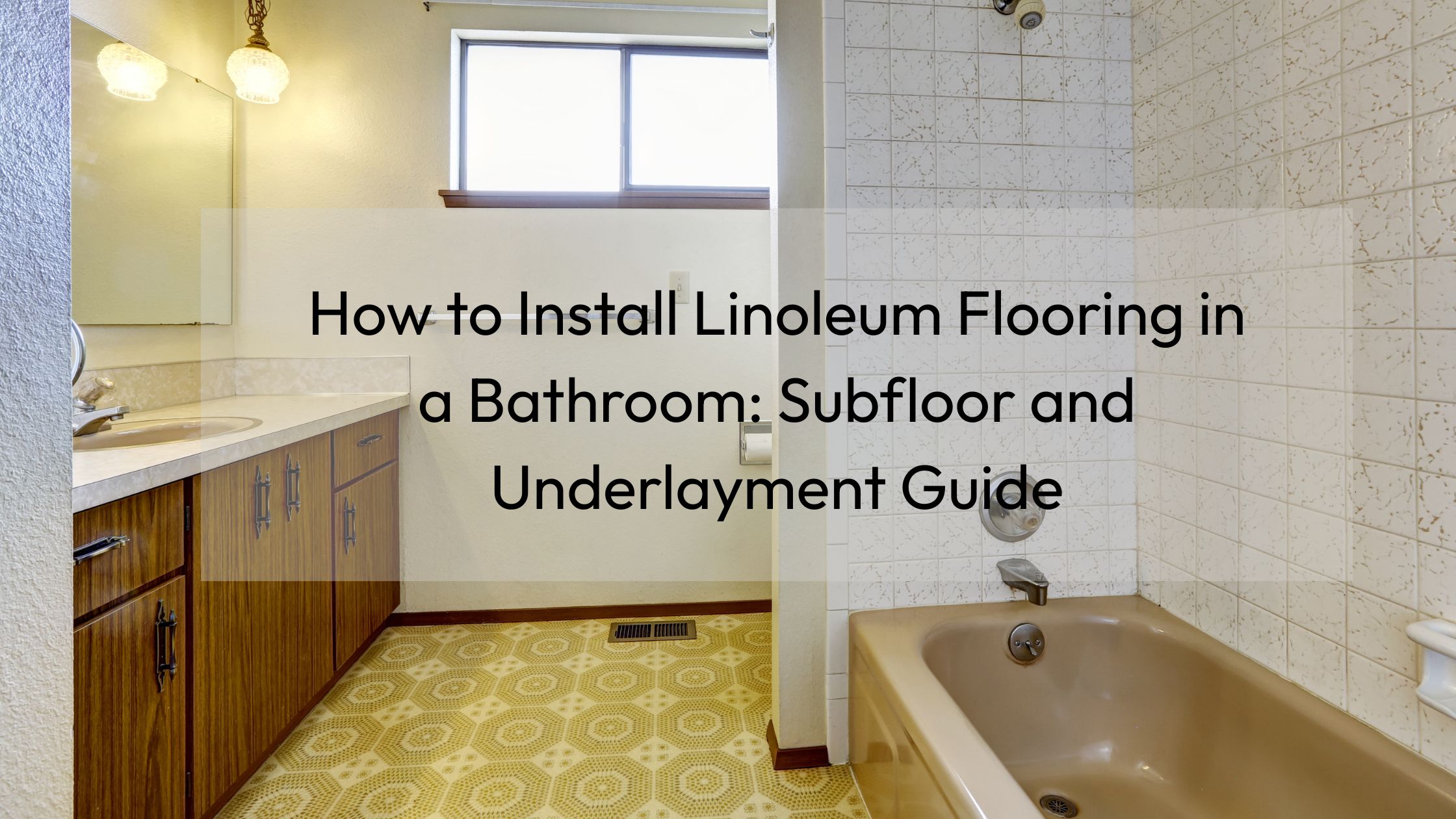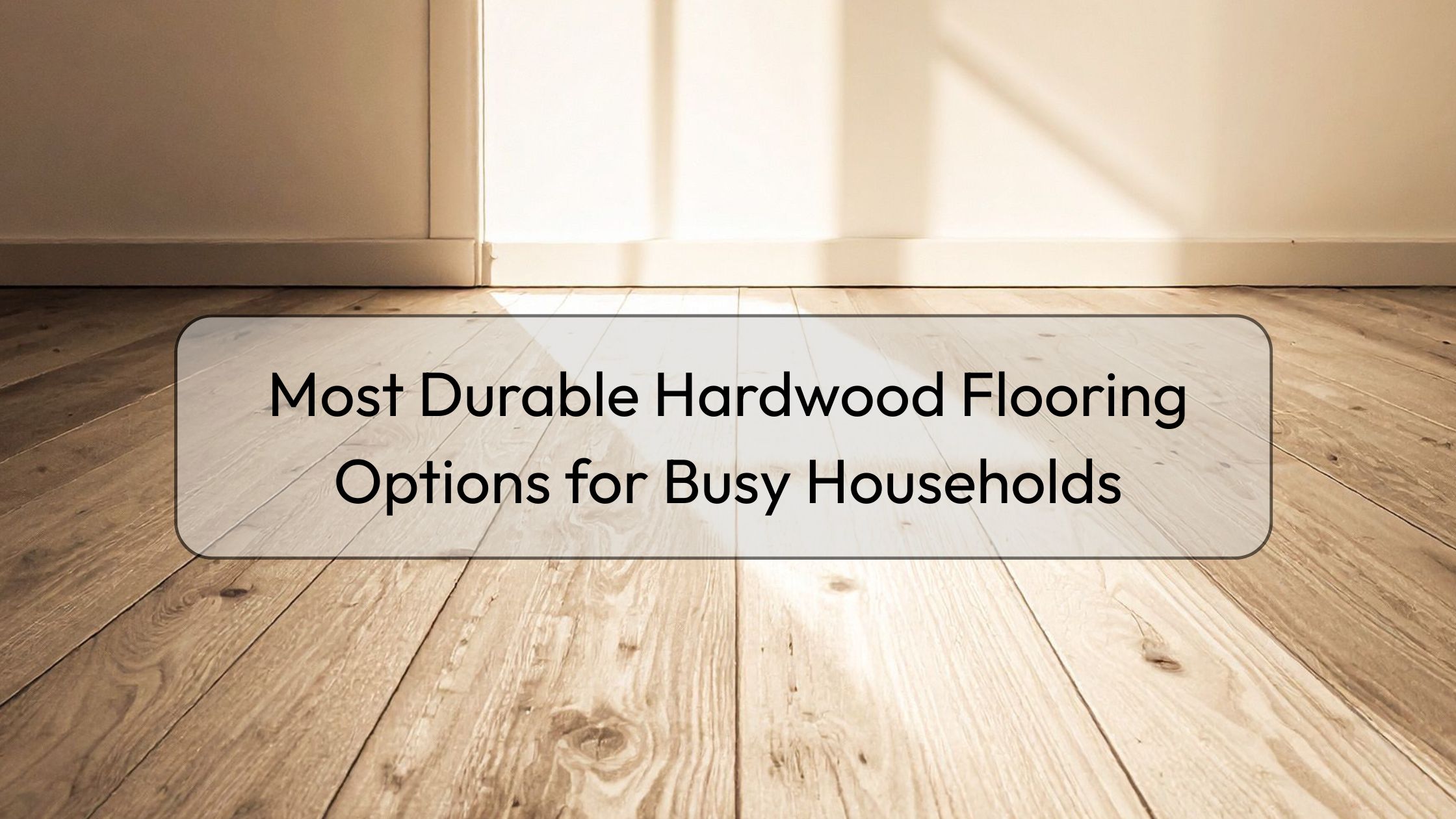What is Composite Hardwood Flooring?
Composite hardwood flooring—also called engineered wood—is crafted by layering a genuine hardwood surface over a sturdy base made of plywood or high-density fiberboard (HDF). This structure improves its resilience and reduces the risk of warping due to moisture or temperature changes.
This flooring style has become increasingly popular across Northern New Jersey, where seasonal swings in humidity and temperature can quickly wear down solid wood surfaces. Its structural integrity makes it suitable for homes facing such environmental fluctuations, particularly in rooms like kitchens, basements, and family spaces.
In addition to its performance, composite hardwood offers aesthetic appeal. From rustic charm to modern elegance, the design flexibility fits a wide range of interiors without sacrificing visual quality.
The Pros of Composite Hardwood Flooring
Strong Performance in Variable Climates
New Jersey’s weather shifts can be challenging for solid hardwood. Composite hardwood, with its multi-layer build, handles these changes better. It stays flatter, resists gaps or swelling, and holds its shape in both dry winters and humid summers.
This makes it ideal for areas that experience more foot traffic or where spills and humidity are more likely. In rooms such as living areas, hallways, and finished basements, its reliability proves especially useful over time.
Appealing Without a High Price Tag
Solid hardwood can carry a hefty price, especially when choosing premium woods or custom finishes. Composite hardwood offers an accessible way to enjoy the same rich textures and natural wood grain without the same financial stretch.
This makes it a good option for homeowners working on a larger renovation or updating several rooms at once. The savings in material and installation costs often allow for upgrades in other parts of the home, maximizing value.
Environmentally Responsible Manufacturing
Engineered wood flooring typically uses fewer resources than traditional hardwood. By utilizing recycled wood fibers or fast-growing species for the core, manufacturers reduce pressure on old-growth forests. Some products also carry certifications for low emissions and sustainable harvesting practices.
This adds appeal for buyers seeking environmentally responsible materials. In homes where indoor air quality matters—especially with kids or pets—this can be an important factor.
Simple Upkeep
Homeowners appreciate materials that don’t demand constant attention. Composite hardwood floors generally come with protective finishes that guard against everyday wear. Dirt, dust, and pet hair can be removed with routine vacuuming or sweeping, and light mopping is usually all that’s required for deeper cleaning.
These finishes also resist fading, even in rooms with large windows or skylights. Unlike some flooring types that dull over time, many composite hardwood options retain their appearance for years with minimal effort.
Broad Style Selection
The variety of finishes, stains, and plank widths allows for a customized look that matches any decor. From pale ash tones to dark espresso hues, the choices feel nearly limitless. Distressed finishes can bring a vintage, lived-in quality, while smoother planks create a clean, contemporary vibe.
This design flexibility helps homeowners personalize their spaces without compromising on practicality. Some styles are even designed to work with radiant heating systems, adding comfort underfoot during colder seasons.
The Cons of Composite Hardwood Flooring
Refinishing Limitations
One trade-off with composite hardwood is its limited refinishing potential. Since the top layer is a thin veneer of real wood, most products can only be sanded and refinished once or twice—if at all.
This means deep gouges or long-term wear may require plank replacement rather than resurfacing. While high-quality finishes can extend the life of the floor, it’s something to keep in mind for homeowners who prefer long-term flexibility.
Vulnerability to Water
Though more moisture-resistant than traditional hardwood, composite flooring is not entirely waterproof. If exposed to standing water for extended periods, the core layers may swell or degrade. Areas like bathrooms, laundry rooms, or near entryways may not be the best fit.
Quick attention to spills and the use of rugs or mats can help preserve the floor in high-risk areas, but it’s important to weigh these needs against your household’s habits.
Slightly Different Underfoot Feel
While composite hardwood successfully mimics the look of real wood, some homeowners notice a slight difference in feel or sound. It may not offer the exact density or acoustics of solid wood.
That said, many modern versions—paired with high-quality underlayment—come remarkably close to the real thing. For many, the difference is minimal and quickly becomes unnoticeable in daily life.
Is Composite Hardwood Flooring a Smart Fit for Your Home?
Composite hardwood suits a wide range of homes in New Jersey, particularly those balancing aesthetics with performance and cost. For families with children or pets, or homeowners managing renovations on a budget, it offers a flooring option that looks good, lasts, and requires less effort to maintain.
It fits especially well in transitional or mixed-use areas, where both durability and style matter. The ability to choose from dozens of finishes also means you can match flooring with cabinets, wall colors, and furniture for a cohesive look.
Whether you’re redesigning a single space or updating your entire home, composite hardwood delivers a dependable foundation that blends seamlessly into your living environment.
Let Creative Floors and Designs Assist
At Creative Floors and Designs, we work with homeowners across Northern New Jersey to find flooring that checks all the boxes. From evaluating your home’s layout to identifying which styles best fit your lifestyle, we help you make confident, informed choices.
Our product range includes top composite hardwood brands with strong warranties and proven quality. With experienced installers and attentive customer support, we guide you through the process—from selection to installation—with professionalism and care.
Stop by our Saddle Brook, NJ showroom or reach out to schedule a free in-home consultation. Let’s find the right floor for your home and the way you live.
FAQ
What is composite hardwood flooring?
Composite hardwood, or engineered wood, is made by layering a real hardwood veneer over a plywood or high-density fiberboard (HDF) core. It offers the look of real wood with added durability and moisture resistance.
Is composite hardwood flooring suitable for basements?
Yes, it’s a great option for basements. Its layered construction makes it more resistant to humidity and temperature fluctuations compared to solid hardwood.
Can you refinish composite hardwood floors?
Only to a limited extent. Depending on the thickness of the top wood layer, most can be refinished once or twice, if at all.
Is composite hardwood better than laminate flooring?
Yes, in terms of appearance and longevity. Composite hardwood uses real wood on top, offering a more authentic look, while laminate features a printed image of wood and tends to wear faster.
How do I maintain composite hardwood floors?
Regular sweeping or vacuuming, along with occasional damp mopping, is usually enough. Avoid standing water and use rugs in high-traffic or spill-prone areas.






